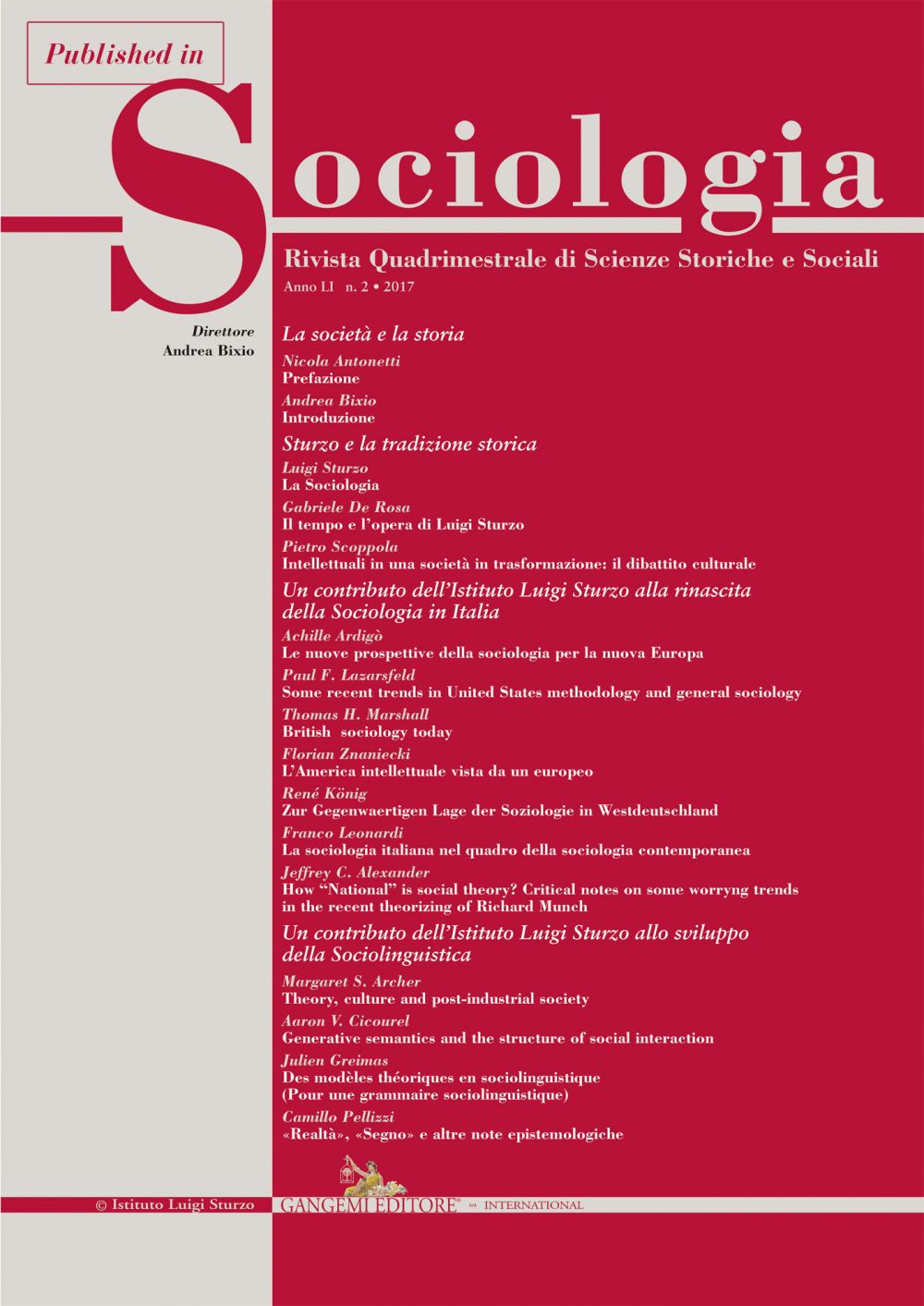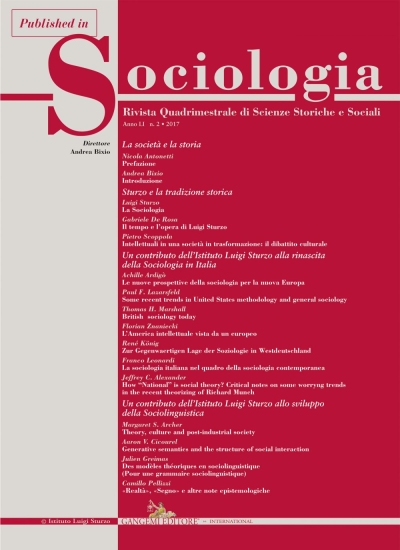Description
When sociologists propose theories of social interaction, their conceptual apparatuses and research procedures presume that the language used to describe theoretical relationships, obtain, and describe data is not a problematic feature of claims to knowledge. Language and non-oral elements of communication are always given some passing remarks as to their «obvious» importance, but these elements are not independently studied and made essential conditions for the study of social interaction. How participants and researchers assign meanings to their own and others’ thoughts, objects, and events remain taken - for granted phenomena. The sociologist relies on his implicit knowledge of his own society’s language and non-oral meanings to describe the outputs of human communication relevant to his interests in substantive research. The substantive terms used to describe the language outputs of social interaction presuppose that the recipient understands the society from the «inside» as a native speaker-hearer. Hence, the researcher relies on his unexplicated native competence to describe observations and verbal outputs, and the reader must presume or simulate this competence to interpret the results presented.




